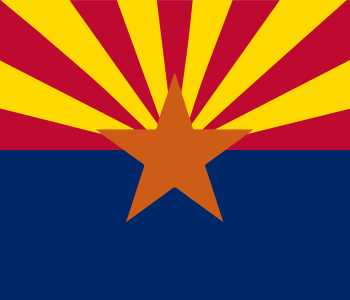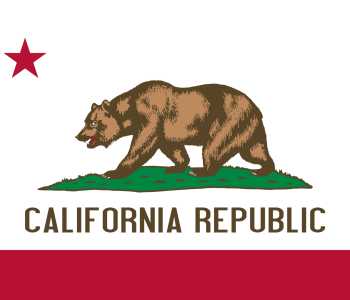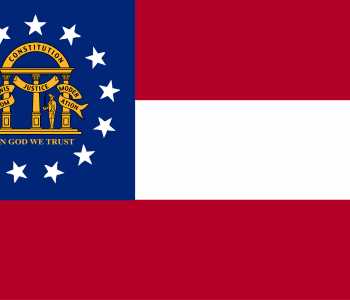EIN Number Lookup

EIN Number Lookup
Every US business needs an Employer Identification Number (EIN). An EIN is a business tax ID number or federal tax identification number. It is a significant and unique nine-digit number that the Internal Revenue Service (IRS) uses to identify businesses.
Why Do Businesses Need an EIN?
An EIN is like a Social Security Number or SSN for individuals, but it is for businesses.
Although owners do not use their Employer Identification Number daily, it is crucial for completing business transactions.
Sole proprietorship, Limited Liability Companies, partnerships, and corporations need an EIN for the following reasons:
Filing taxes
Open a business bank account
Get a business license
Apply for a business loan and other business finances
When issuing Form 1099s to independent contractors
Apply for a business credit card
If self-employed
Business owners should learn this number by heart to be ready when filing business loans and taxes. Accuracy will help speed up the process and prevent the business from not meeting significant tax deadlines.
Although each business transaction does not happen often, owners will need to provide their EIN at least a few times per year. Retrieve the business tax ID before trying to complete any company transactions.
Memorizing the business EIN, or keeping it in a nearby location, makes it easy to access. If a business tax ID number is ever lost or misplaced, knowing the EIN by memory will be helpful.
Although memorization of the EIN is ideal, it can be easy to forget. If the owner cannot remember the number, locating the EIN is pretty simple and should not cost anything.
3 Best EIN Lookup Options
In the event a business owner can no longer access the business tax ID number, here is how they can look it up:
1. Check your EIN confirmation letter
Business owners can find their Tax Identification Number (TIN) by checking their confirmation letters. This original document is what the IRS issues when owners apply for their EIN. Inside the letter, owners can find the business tax ID, among other identifying business information.
If owners apply online, the IRS issues the EIN confirmation letter immediately. It should be accessible online, and owners can also get the receipt by mail.
Owners, who apply by fax, will receive their EIN confirmation letter by return fax.
If a business owner applies for their EIN via mail, they will get their confirmation letter by return mail.
Business owners should store their letters in a safe and secure place. The document is as important as other vital paperwork like business bank account information and incorporation documents.
2. Look at other business records for the EIN
If a business owner misplaces the EIN confirmation letter, they can look elsewhere for their business tax ID number. The EIN will be on the company's tax ID and usually does not change for the business's lifespan.
Owners can also look at these places to locate their EIN:
Previous federal tax returns
Any business licenses, permits, and relevant applications
Official IRS tax notices
Payroll paperwork like 1099 forms. This information is vital for independent contractors
Old business loan applications, bank statements, or online account profiles
Business credit report
3. Call the IRS
If the owner cannot find the EIN using other methods, they can always call the IRS to get their EIN. By simply calling the IRS's Business and Specialty Tax Line, a representative will complete a federal tax ID lookup.
Yet, the IRS rep will need to first ask the owner several questions to prove authorization. Owners may need to show they are a corporate officer, sole proprietor, or business partner before they can get the business tax ID number.
To prevent having to go through these steps again, it is best to keep the EIN in a safe and secure location.
How To Find Another Company's EIN
In instances where a company needs to verify a new supplier or client, business owners need to locate that company's EIN.
To find another business's federal tax ID number:
1. Request the EIN from the other company
Contact the payroll or accounting department for the EIN of the company the owner needs to verify.
2. Search SEC filings
Business owners can use the Securities and Exchange Commission's (SEC) website to look up publicly traded companies.
The SEC filings should have the EIN of the company. It may show as "IRS No." on the filings, not EIN.
3. View it on a credit bureau
Company owners can view another business credit report for a fee using a credit bureau. Yet, these documents do not always display a company's EIN. Make sure to confirm it includes a company's EIN before ordering it.
4. Use a paid EIN database
Business owners can search a commercial EIN database for a fee to access it. Some databases may link a company's EIN to other business information.
How To Change or Cancel an EIN
Sometimes, a business owner needs to get a new tax ID number.
Here are a few situations where owners will need to apply for a new EIN:
Incorporates for the first time or changes the business entity
Buys an existing business or inherits one
The sole proprietor is subject to a bankruptcy proceeding
Receives a new charter from the state's Secretary of State
There are changes to the ownership structure of the business
The business becomes a subsidiary of another company
The sole proprietor sets up a retirement, profit sharing, or pension plan
The new EIN will replace the old one, and owners must use it on future tax returns.
Also, not all changes to a business require getting a new EIN. For instance, if the company changes its name or business address, a new EIN is not required. Yet, owners should still notify the IRS of these changes and ones like them.
Canceling a tax ID is another story. Once the business receives an EIN, the IRS cannot cancel it. When a business gets a tax ID, it stays with it for the duration of the company's lifespan.
Even after a company goes out of business or if the owner never files a tax return, the EIN will not go to another business. Thus, the IRS never issues the same EIN twice. If a business owner chooses to start the company again, they can use the old EIN.
If an owner resolves that the EIN they applied for is no longer needed, they should contact the IRS in writing. The written paperwork to the IRS will close the business account. Yet, if the owner wants to launch another business, they will need a new EIN.
Conclusion
All business owners should set their EIN to memory and know its secure location. A business tax ID number is crucial for conducting several business transactions, and owners need to know where to find it at all times.






